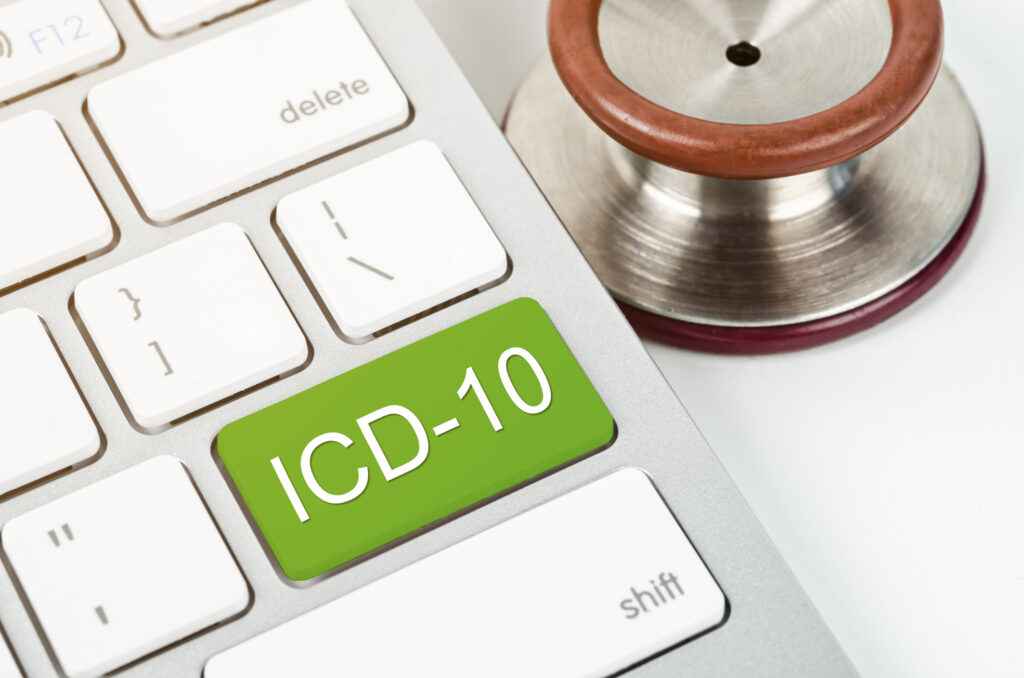June 2021
What You Need to Know Before the WHO Releases ICD-11 in January 2022
Medical coding is a very demanding job but being prepared and anticipating changes like the release of ICD-11 can help to ease your stress. ICD-10 has stuck around for a while, and ICD-11 is the facelift that medical coders need.
In this article, we will go over information about ICD-11 that you need to know, as well as best practices and measures to take before it comes out.
Back to Basics

ICD stands for the International Classification of Diseases. This report is released by the World Health Organization, otherwise known as the WHO. Nosology is the medical study of the classification of disease. The current version of ICD is ICD-10, which has been in use since 1992. A lot has changed since then, and coders, providers, and payers alike need a new system that better satiates the demands of today’s healthcare needs.
ICD-11 was released on May 25th of 2019, however, its rules and coding guides don’t go into effect until January 1st of 2022. This gives you time to review the codes and other changes that have been made since ICD-10.
What Has Changed?

Naturally, you’d want to know what the differences are between ICD-10 and ICD-11. On the surface, there are many changes that you would immediately notice. ICD-11 has 26 chapters, while ICD-10 has 21, and its predecessor, ICD-9 had 19. DSM-5 or “Diagnostic and Statistical Manual of Mental Disorders is the APA’s or American Psychological Association’s guide to specific conditions relating to mental health. This guide helped to form the chapter structure of ICD-11.
There are also many new diagnoses for coders to choose from. Some of those diagnoses include Bipolar Type II Disorder, Hoarding Disorder, and Premenstrual Dysphoric Disorder, according to the NCBI. It is a big step forward for these new conditions to be added so that patients can properly be diagnosed, and for providers to be reimbursed properly and completely.
ICD-11 is online. ICD-10 was somewhat online and required a lot of paper guide searching. This doesn’t mean doing away with paper versions of ICD guides altogether, but ICD-11 will be a lot more intelligent and technologically advanced than previous releases.
How to Prepare for ICD-11

Here are some helpful tips to get you and your organization on track for the release of ICD-11:
- Start previewing the coding structure (chapters, layout, etc…)
- Observe patterns in what is similar and what is not
- Encourage your employer to have a team meeting to discuss the steps required to implement and coordinate ICD-11 (with providers, payers, and other companies involved as well)
- Make sure to involve everyone and confirm that they are aware of what’s to come
These best practices are going to help you and your peers stay on task. They will also prepare you for what’s coming next year. By familiarizing yourself with the new material ahead of time, you will be ahead of the game and prepared for what is ahead.
Putting it All Together
There are a lot of exciting changes coming to ICD. There are some things that you can do now to prepare. In this article, we went over the basics behind ICD-11, what has changed from ICD-10 moving forward into ICD-11, and best practices to make sure that you are prepared for the next manual of ICD codes for diagnosis.